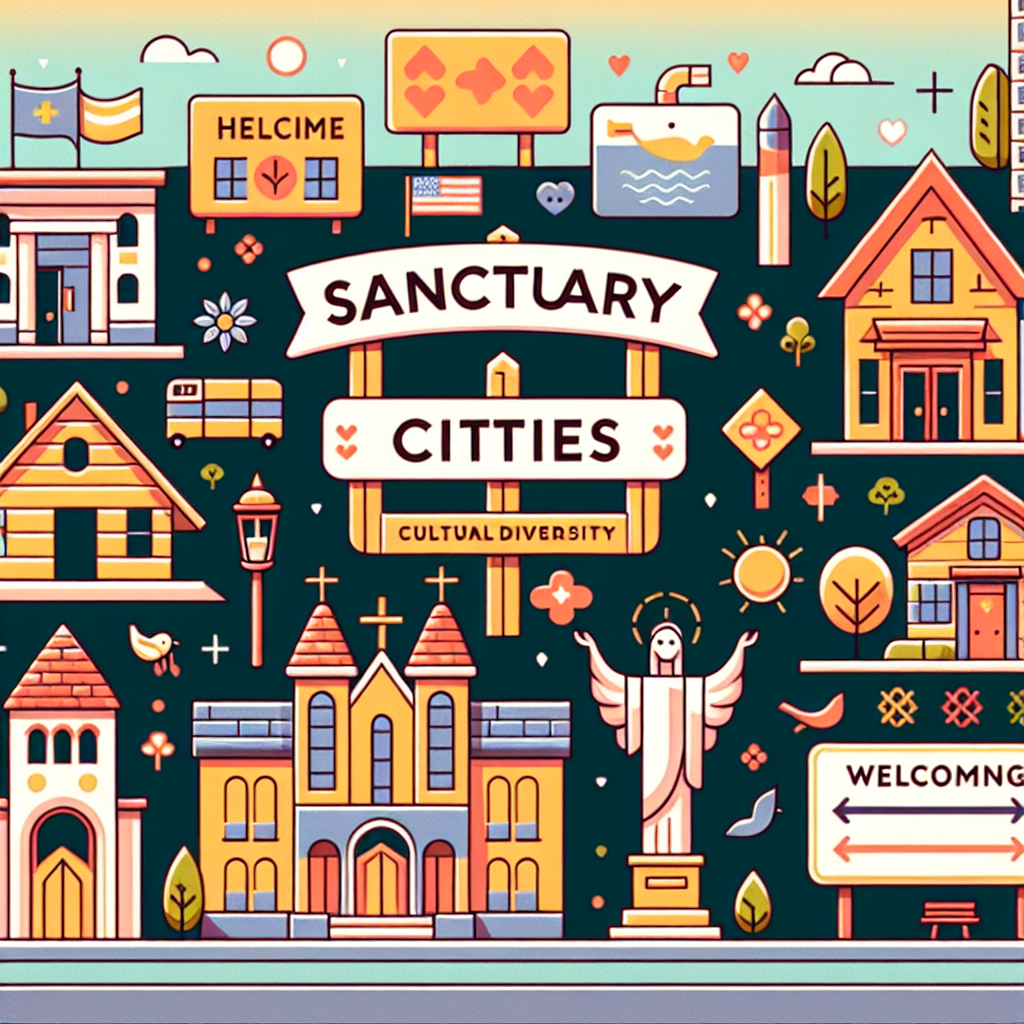Cities Rise to Climate Challenge Amid Federal Setbacks
Despite the federal government's reduced support for clean energy, U.S. cities are independently advancing green initiatives. Efforts include boosting building efficiency, transitioning to electric vehicles, and preparing for climate-focused gatherings like COP30. Local governments emphasize climate action's necessity, overcoming federal hurdles with innovative, sustainable solutions.

Faced with reduced federal support for clean energy, U.S. cities are taking decisive steps on their own to pursue green initiatives. Despite significant federal opposition, including the cancellation of substantial grant funding, local governments are committed to climate action.
Initiatives such as electrifying transportation, boosting building efficiency, and preparing new energy-related job markets are among the strategies these cities are employing. Notable examples include Portland's zero-emission delivery zone and Boston's requirement for net-zero carbon operations in large new buildings.
With the COP30 climate summit on the horizon, mayors across the country are prioritizing climate discussions and planning. As residential electricity prices continue to rise, these local actions underscore cities' potential to drive sustainable change despite federal roadblocks.
ALSO READ
-
ILO Warns Climate Change Is Transforming Jobs Across Arab States, Calls for Green Transition
-
Juniper Green Energy Powers Up 64 MW Renewable Projects in India
-
Manipur Governor graces valedictory session of Indian Himalayan Region Climate Change Conclave
-
KPI Green Energy bags orders worth Rs 696.5 cr from SJVN
-
Sunfraa Green Energy Leads the Charge with Adani Solar to Advance PM’s ‘Har Ghar Solar’ Mission in Gujarat





